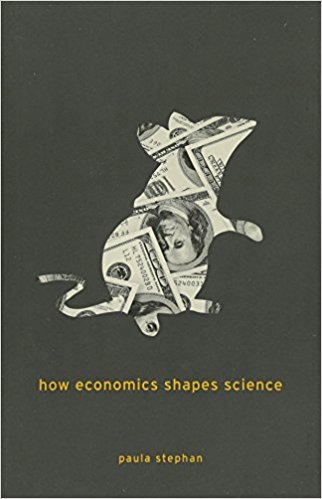Everyone needs some downtime, and what's a better way to spend it than reading a good book about something you love. This is a short, but sweet list of some of the books we think would fit the bill for those who love biotechnology like we do.
Gene Jockeys - Nicolas Rasmussen
How Economics Shapes Science - Paula Stephan
In How Economics Shapes Science, Paula Stephan explores the huge costs of running a lab, where the funds come from, and how this influences what research and publication topics scientists choose to go after. All things most scientists working in big companies are somewhat oblivious to.
A Crack In Creation - Jennifer Doudna, Samuel Sternberg
In A Crack In Creation, Jennifer Doudna and former colleague Samuel Sternberg, share their story behind the discovery of CRISPR, a revolutionary technology that makes gene editing a faster, simpler and cheaper process. Dounda and Sternberg use this book to explain how CRISPR technology has the potential to cure HIV and cancer, in addition to this Dounda also explores the complex ethical implications behind the technology.
All links in this article are affiliate links.




Comments
Post a Comment